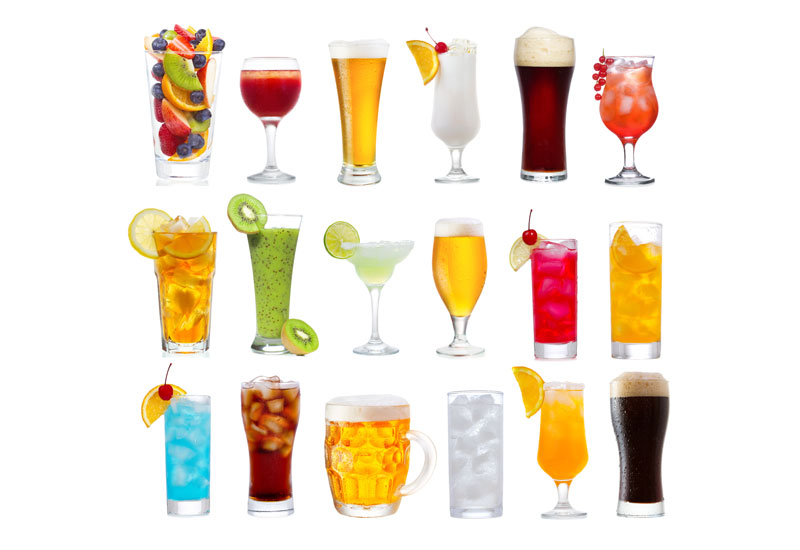According to Milovanovic, special ingredients including a range of fresh fruits, vegetable and herbs are usually on high demand from the industry’s professionals.
“We are doing our best to meet these demands by delivering to the market rare products such as edible flowers, organic blue agave, etc,” he says. “Currently we carry more than 80 flavours in the portfolio, which is constantly updated and we have some special imports and exclusivity on some flavours for some of our clients”.
He says equipment is always in demand — from simple bar and barista tools all the way to sophisticated and pricey machinery.

| Advertisement |
André Biedenkopf, director of sales and operations at Ronnefeldt Trading says there is a strong demand for tea training programmes. “Tea is a very complex product with a 5000 year old culture and therefore needs ambassadors in hotels,” he says. “We also developed a tea book, which makes it easy to learn more about it.”
Are there any concerns regarding the sourcing of products?
Opinions are split on whether or not sourcing products is an issue. Hartmann says there are none, adding Dubai is a “great market and the demand is not higher than what bars are offering, or bartenders can sell”.
“I never had a complaint that a product isn’t on my back shelf, but you instead meet bartenders who don’t know what they have on their shelves,” he states.
McGregor argues the fact that “we work in a duopoly and with this we will face certain limitations”.
He continues: “Overall both suppliers do a very good job in trying to source new and interesting products, and in general they are always open to ideas, but on the flip side this does sometimes come with compromises such as stocking a product you might not want, just to get one that you do.”
“I have worked closely with both suppliers for years and I do understand the frustrations they have. Each look after their primary brands and with this sometimes the secondary brands don’t quite get the look in they deserve.” He says the only way to combat this is to allow more suppliers into the market or to allow greater decision making through the brands themselves.
Stating there is indeed an issue with product sourcing, Mullins says “we are all very aware that the brands rule the bars”, with the dominance of the big global players making it difficult for boutique or niche products to get a foothold in the market.
“The bar industry is still young in Dubai and with a small drinking population there is a lot of strategic positioning for the same audience,” he continues.
“As the city grows, hopefully the market will grow with it and there will be room to expand the product range available. The variety has come on leaps and bounds since I first worked here 12 years ago, but there is still a way to go if Dubai wants to emulate the social scene of some of the world’s other great cities.”









 Search our database of more than 2,700 industry companies
Search our database of more than 2,700 industry companies









